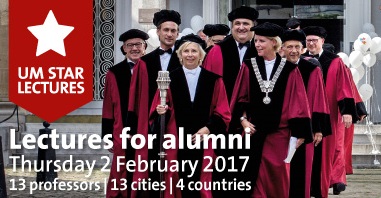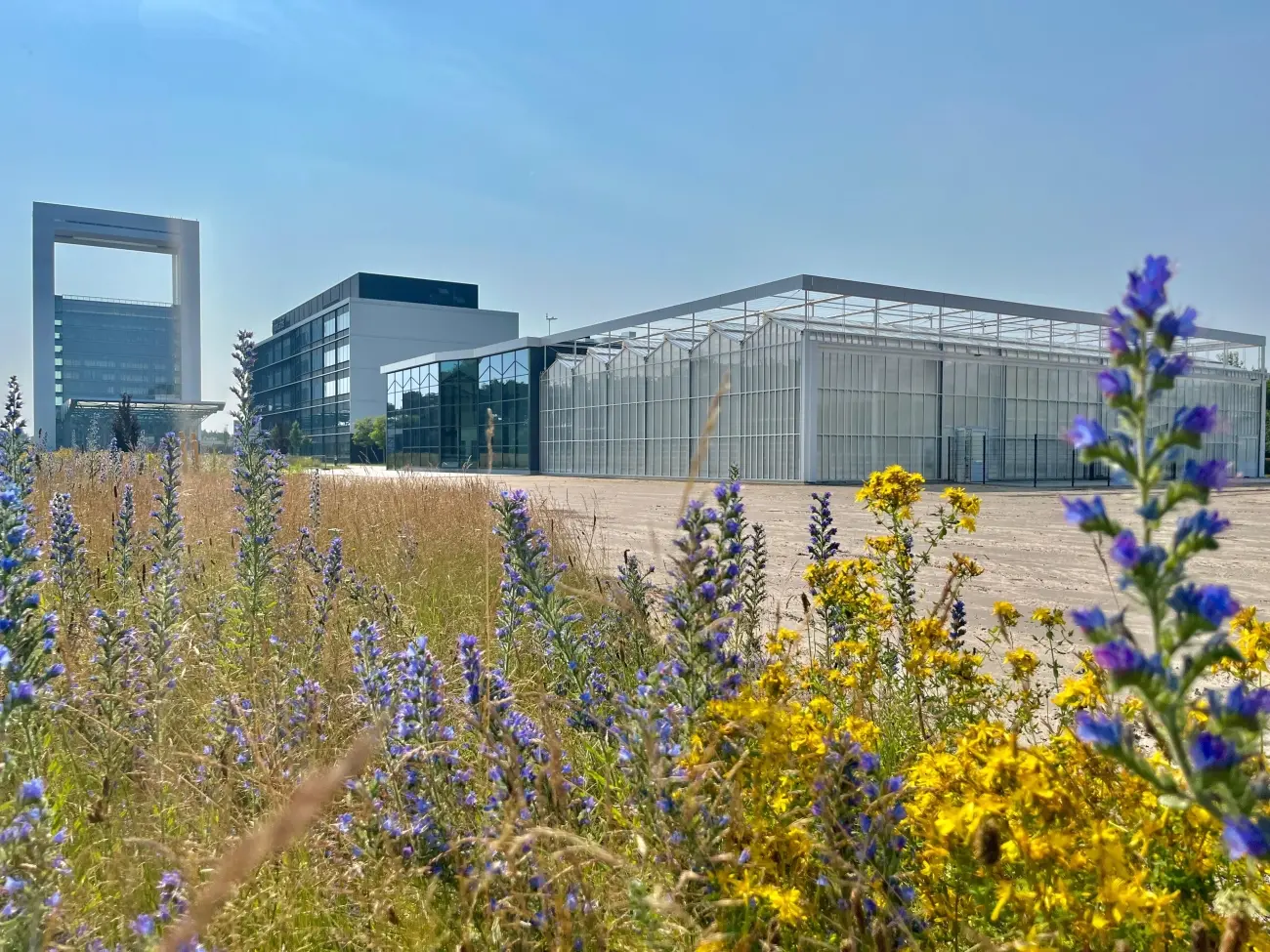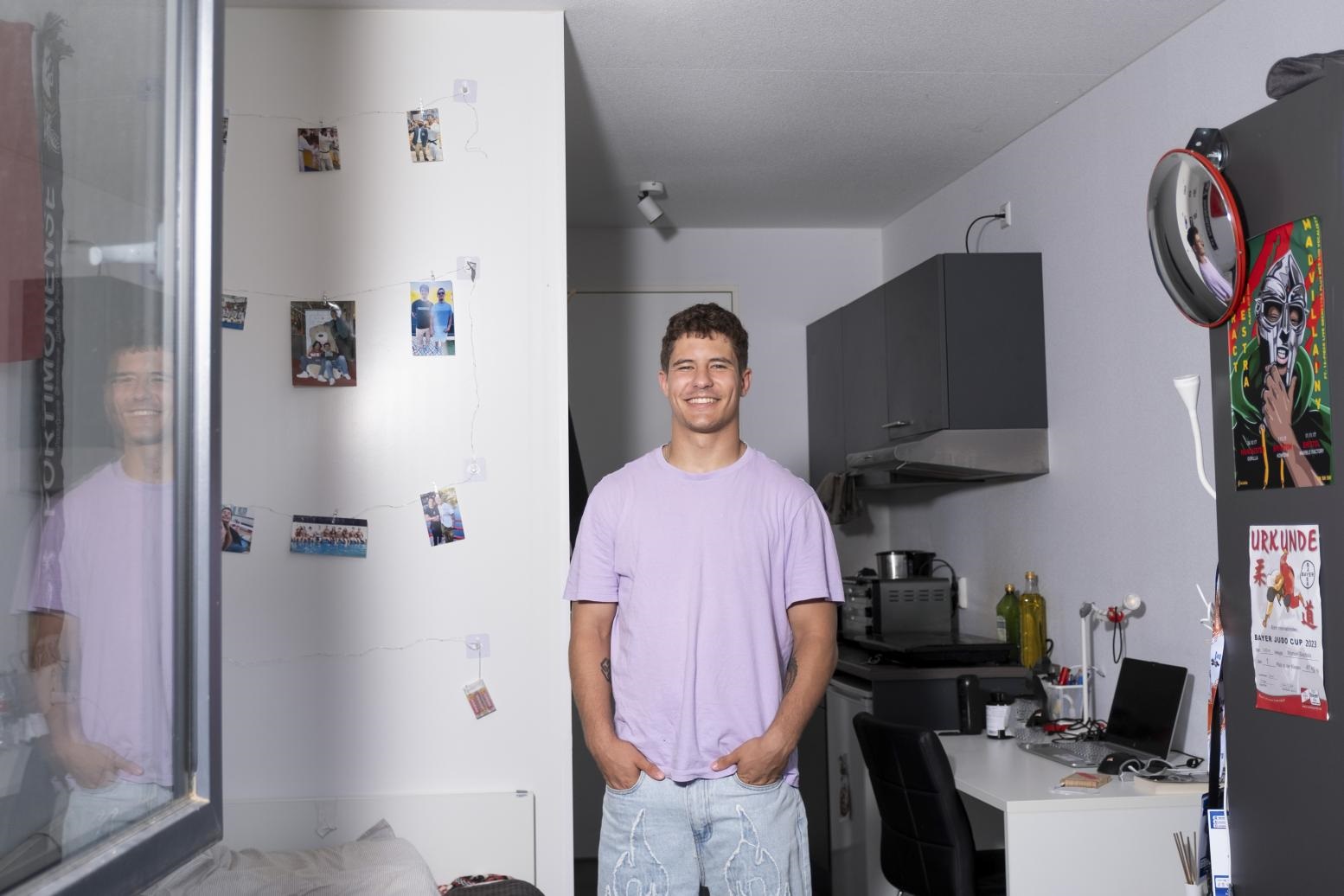UM Star Lectures 2017
On 2 February 2017 the third edition of the UM Star Lectures takes place. The concept: a number of leading UM professors share topical scientific insights with our alumni on the same day, at the same time in 13 different cities across 4 countries.
FASoS staff members Sophie Vanhoonacker, Valentina Mazzuccato and Kiran Patel will each give a lecture in respectively The Hague, Berlin and London.
Sophie Vanhoonacker, The Hague: The EU in a World on the Move: Punching Below or Above its Weight? (Dutch lecture)
This lecture discusses the international role of the European Union in the 21st century against the background of the changing reality of domestic, regional and global politics. What is the role of the EU and its member states, now that we have left the ‘mad’ 20th century behind? Is Europe a continent in decline or has integration within the EU revitalised and imbued it with the potential of being a new global player in a multipolar world without a dominant power? What will be the consequences of a Brexit on EU external action?
Valentina Mazzuccato, Berlin: Migration and the well-being of families: Why Europe should care
Migration is often talked about in economic or political terms, yet migration has far reaching consequences for families and their well-being. As the basic building block of society, healthy families are important to foster. Most global migration entails the separation of family members when some members migrate and others stay behind, creating transnational families. What does this separation entail for family members and how does it affect the way they are able to function as a family? This lecture will focus on African migration to Europe and asks the question how do European migration policies influence the ways transnational migrant families fare.
Kiran Patel, London: After the Brexit Decision: What Can History Tell Us?
The United Kingdom is likely to become the first full-fledged member state ever to leave the European Union. But it would not be the first country to do so: Greenland left the European Community in 1985 and Algeria soon after its independence from France in 1962. Is there anything we can learn from the past for the situation today? Patel’s answer is yes. In his lecture, he will try to draw such lessons. In doing so, he will also introduce his audience to the intricacies of Algerian wine, Greenland cod, amongst other things. Moreover, he will explain why UM alumni can consider themselves particularly fortunate.

Also read
-
Moving orange spots on a yellow background are the first indication that something unusual is taking place in Maastricht's limestone quarry, Sint-Pietersberg. A closer look reveals that these are people clothed in orange vests. They are Maastricht Science Programme students and supervisors.
-
Maastricht University has built a new research greenhouse at Brightlands Campus Greenport Venlo. Starting on September 1, research will be conducted in this high-tech greenhouse on the agriculture and horticulture of the future: from new cultivation techniques and the development of plants to the...
-
The area on the Sorbonnelaan in the Maastricht neighbourhood of Randwyck looked somewhat bare and remote about two years ago. This was mainly due to the modular and temporary appearance of the student houses that were quickly built there. Meanwhile, the area is increasingly taking on the character...

